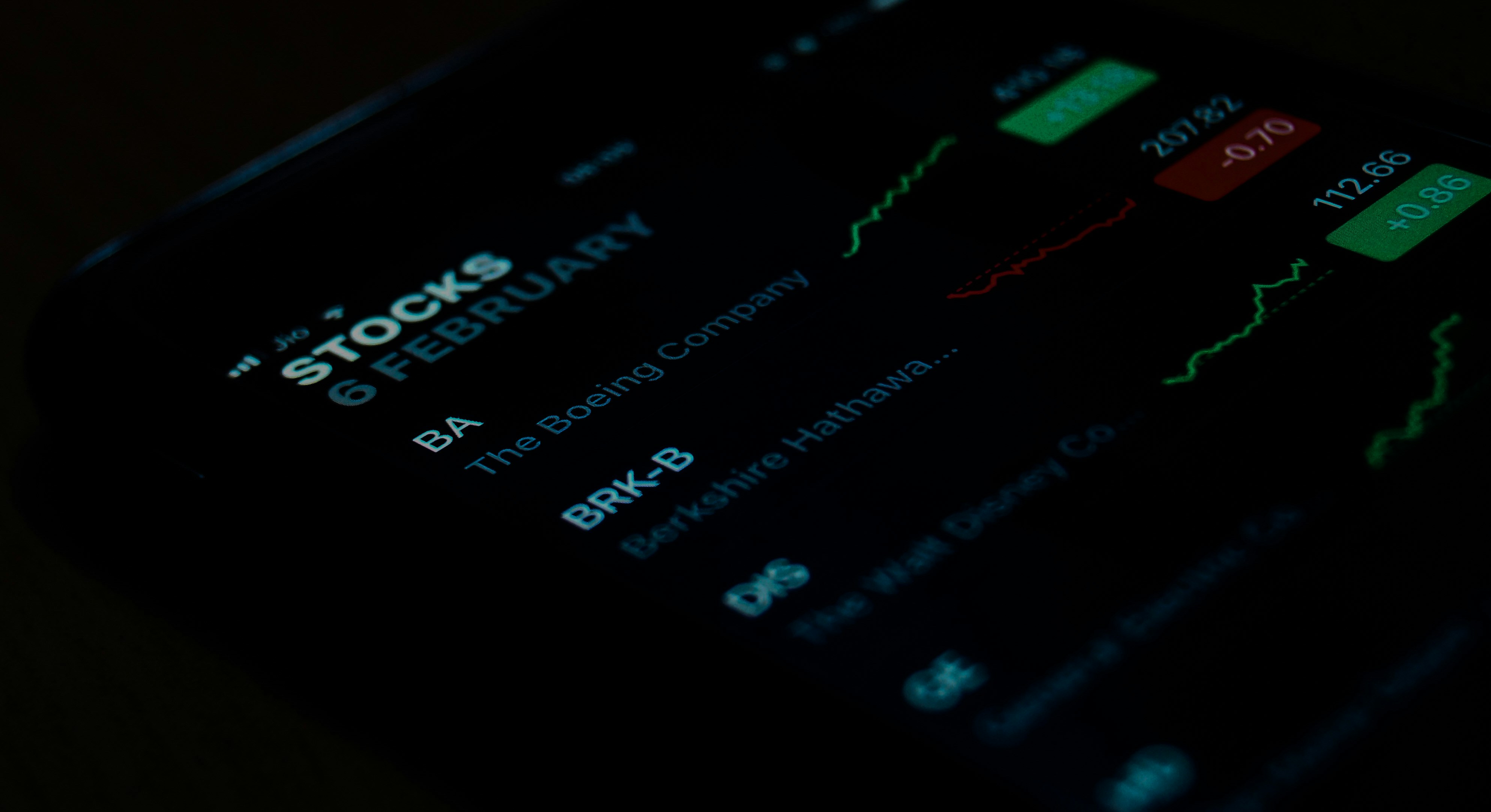[MALAYSIA] Bursa Malaysia's benchmark index, the FTSE Bursa Malaysia KLCI (FBM KLCI), has shown minimal movement in recent trading sessions, as investors adopt a cautious stance amid ongoing uncertainties surrounding global trade tariffs.
The cautious sentiment is further compounded by mixed signals from regional markets, with peers like Singapore’s Straits Times Index and Indonesia’s Jakarta Composite also trading sideways. This regional trend underscores the broader apprehension among investors as they weigh the potential ripple effects of U.S. trade policies on Southeast Asian economies.
The FBM KLCI has remained within a narrow range, reflecting a lack of significant market-moving news. Analysts note that the absence of fresh catalysts and the prevailing concerns over potential tariff implementations have contributed to the market's subdued performance.
Adding to the complexity, Malaysia’s export-driven industries—particularly electronics and palm oil—are under scrutiny, as these sectors could face disproportionate impacts if tariffs are enforced. Industry groups have begun lobbying for government support, citing the need for contingency plans to mitigate potential disruptions to supply chains and export revenues.
The U.S. has proposed a 24% tariff on goods from Southeast Asia, including Malaysia. Although a temporary 90-day pause on these tariffs was announced by U.S. President Donald Trump, the market remains uncertain about the long-term implications. Bank Negara Malaysia has indicated that it will delay revising its economic outlook until there is clearer information on these global trade tariffs. Governor Abdul Rasheed Ghaffour emphasized the need for greater clarity on tariff impacts to make robust forecasts.
Meanwhile, economists are closely monitoring Malaysia’s trade balance, which has historically benefited from strong exports to the U.S. and China. A sustained tariff regime could narrow the surplus, potentially affecting the ringgit’s stability and forcing policymakers to reconsider fiscal strategies to cushion the economy.
Despite these concerns, certain sectors have shown resilience. The technology and energy sectors, in particular, have attracted investor interest, buoyed by positive earnings reports and global demand trends. However, the overall market sentiment remains cautious as participants await further developments on the tariff front.
Institutional investors have also been observed rebalancing portfolios, shifting toward defensive stocks such as utilities and healthcare, which are perceived as less vulnerable to trade volatility. This tactical repositioning highlights the market’s risk-averse mood in the face of unresolved geopolitical tensions.
In the absence of new economic data or corporate earnings reports, market participants are likely to continue focusing on geopolitical developments and policy announcements. Analysts suggest that a clearer picture regarding the U.S. tariff policies could provide the necessary impetus for a directional move in the market.
Investors are advised to stay informed on global trade discussions and to consider the potential impacts of tariff policies on various sectors when making investment decisions. As the situation evolves, market dynamics may shift, presenting both risks and opportunities in the coming weeks.














